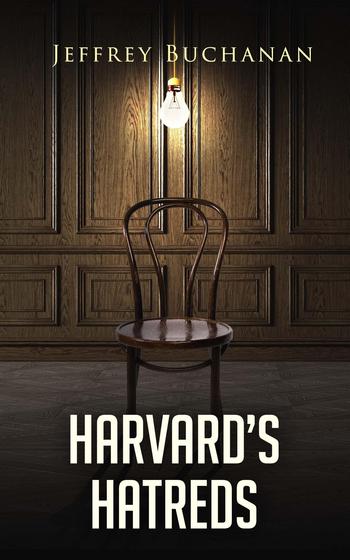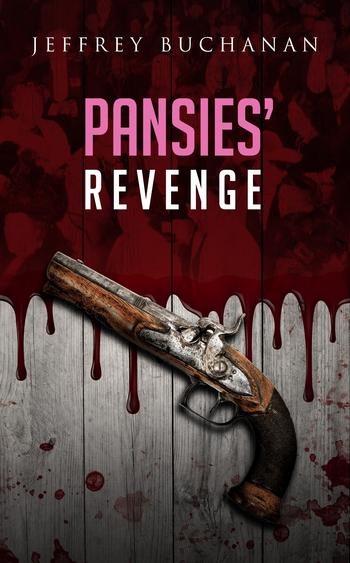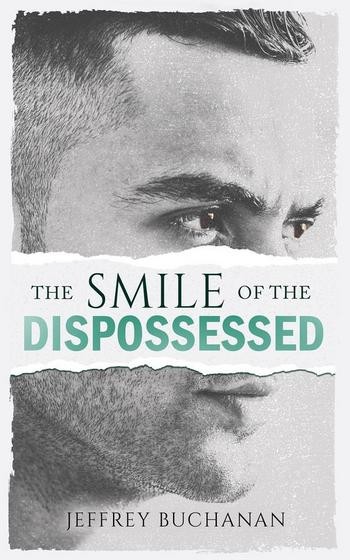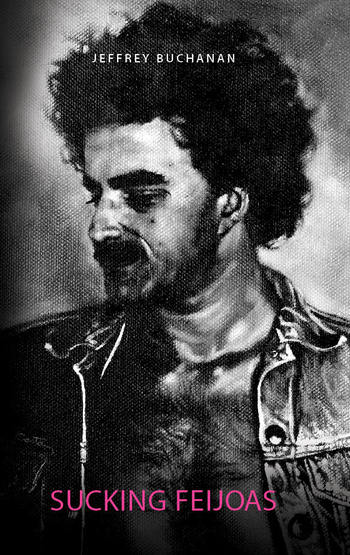
2024 Winner Gifkins Prize for Best Unpublished Novel
My writing tackles issues of human rights, homophobia, racism, gender and class inequalities regardless of the ideologies within which they swirl: religion, culture, political persuasion, or social class. If an ideology abuses any of those issues, then it’s fair game for critical analysis. LGBTQI issues are central and my message is unequivocal: don’t mess with us. Pansies’ Revenge says it all.
My mother’s family was Lebanese. My father’s family is fourth generation Kiwi Pākehā. I grew up confused and bemused by the ins and outs of bi-cultural life in 1950s-60s New Zealand (having been born in Wellington in 1955). What is it to be an outsider, or one who feels as such? That’s central in my thinking and to The Birds Began to Sing, and much of my writing.
For 30 years I worked in education, HIV/AIDS responses, social welfare, human rights – 20 of them in Papua New Guinea including seven years as head of UN Women in that utterly amazing country. In that role for UN Women my emotions and thinking were sharpened by witnessing and responding to the abuse women and girls suffer. For three years I lived with my husband Stuart in a remote part of Bougainville, where together we ‘managed’ a programme to assist the reintegration of ex-combatants. The Bougainville Civil War was just finishing. I saw what war did and how people got so scrambled by fear and loss and pain and how resilience is so required, so human.
My doctoral dissertation concerns Islamic education and came from my research in Karachi. I taught for three years at Kuwait University in the early 1980s (where I met Stuart) during the Iran-Iraq War raging next door. The Lebanese Civil War kept on and on and tormented me. Palestine came sharply into my focus. Over the decades I’ve travelled extensively in Arab countries. A year in Paris at UNESCO involved in HIV/AIDS education allowed me to meet many more Arabs. Yusef, Omar, Fawzi, Saad, Abed, Adil, thank you for your insights into what it means to be gay, Arab, refugee, hounded, and extraordinary. I hope I did you guys justice in The Smile of the Dispossessed.
And my great love, Mexico. The fabulous Mexico is a part of my soul. In 1974 I took a slow boat from Auckland to Acapulco. I stayed in Mexico City until I had learned about intensity and love and what it means to be young and alive. When it all became too caliente, I hitchhiked to Brazil. Borders were so much more porous then. And my trips to Lebanon — always vital. I hope those themes ring true in Sucking Feijoas which cover those early years of physical and mental exploration.
Harvard’s Hatreds looks into the horror of intense oppression of homosexual men. And at love. I lived in Boston for three years in the 1980s just as AIDS was kicking in. I completed a Masters Degree in that venerable city. On my frequent forays to Harvard University for academic and cultural events, I never suspected how in 1920 so many of its academicians and students had been subjected to exclusion and victimization due to their sexuality.
The Birds Began to Sing won the 2024 Michael Gifkins prize for best unpublished novel in a competition managed by the New Zealand Society of Authors. It is published by TEXT Publishing, Australia, a literary publishing house in association with Penguin / Random House.
My experience of growing up in a provincial city in New Zealand in the 1950s and 1960s was happy, unremarkable. Until I realised I was queer. I unravel this shock of being ‘different’ in The Birds Began to Sing. While the novel is autofiction, much of it is real, or based on reality. And then there are the inventions, the fun part of telling a story, the novelist’s allowance to create. The reviews have been very positive and highlight the underlying humour, often dark, ironic. These lines from The New Zealand Listener (August 23-29 2025) sum up so much: “In many ways, The Birds Began to Sing is a picaresque novel…. Godfrey initiates a remarkable number of sexual encounters for a New Zealand novel….Given its preponderance of sex, Buchanan’s book becomes both a catalyst and a consequence to those around him. Nothing will ever be the same.”
The Birds Began to Sing is as much about the situation for transgender individuals as it is for the wider queer community.
The 1950s and 1960s shows us the stultifying hypocrisy of sexual repression. Today, we need to be very aware that social progress is not necessarily linear. Look around us, at what’s happening. Look back to the Weimar Republic which the Nazis destroyed, along with its vibrant, open world of Rainbow expression. Be alert. Be vigilant to the repression machine, to homophobia.
Reviews and radio interviews for The Birds Began to Sing are available in the publisher’s website below.
The two young adult novels about the teenage twins Kip Kip and Wendi emerge from my 20 years in Papua New Guinea – that ever fascinating country.
I now live on a remote coast in the South Island of Aotearoa where I can write and dream and stare at the Pacific Ocean and wondrous mountains.
I guess I’m “a child of the 60s” and shaped by that decade’s maxim: QUESTION AUTHORITY. I live by that and I hope my fiction resounds with it.
The novel is set in 1968 in New Plymouth, a provincial city in New Zealand. Godfrey Barnham is 14 and exploring his world and what it means to be gay in a largely hostile world. When the barman at his parent’s hotel goes missing and the police do not start a search for him, Godfrey starts his own investigation. He uncovers a world where drugs and sex are rife despite the seemingly prudish society of the time. Two deaths later, Godfrey finds what he was seeking. The novel combines humor, darkness and passion.

It’s 1920, and Boston is gradually returning to normal after the Great War despite anarchists trying to spread fear. So, when a man’s body is pulled out of the Charles River, the homicide department assigns the case to the unconventional Khalil Zamzar, a first-generation Maronite Arab, and the rookie, African American detective, Myssiah Pomare, a young, traumatized war hero from the South. The case may well remain unsolved and the dead man’s picture added to the many on Zamzar’s office wall.
The body, however, turns out to be a Harvard academic, a homosexual, the pathologist claims, and unpopular with his peers. This leads Zamzar and Pomare via the cruising grounds near the river across to Cambridge and the white male privilege of Harvard itself. There, where an Arab or an African American would likely be rejected for admission, a not so hidden culture of ‘inversion’ flourished until Harvard decided to take the law into their own hands.
As Zamzar and Pomare’s own relationship develops from their respective secrets, the detectives must choose between justice for the dead man and justice for the victims of prejudice.
The sordidness of the failing Ponzi Scheme, the anarchist bombings, a world where homosexuality is repressed by brutal crackdowns, the situation of women in the year they gained the vote in the US are issues central to Harvard’s Hatreds. Who hates whom enough for a string of killings and what are the ethical and philosophical parameters of murder?
Harvard’s Hatreds – intense, provoking, searches for answers.


Can there be a righteous murder? What is the perfect crime? At what point is revenge against homophobia justified? Set during World War I and the 1918 Spanish Flu, Pansies’ Revenge explores these questions.
The Te Aro Book Group is reading Crime and Punishment and becomes involved in what crime and punishment really means to queer men and lesbians, pacifists and free-thinkers in a time of war and contagion. Two pro-war evangelists and virulent homophobes disappear off the streets of Wellington. For months they have been publicly vilifying “pansies”.
Pansies’ Revenge probes the soul and passion of a war weary city gripped by fear and highlights homophobia, and its resistance, in New Zealand at the time. Romance, love, revenge, women’s rights, pacifism, anti-intellectualism, sex, and gender – the novel jumps into all the issues and shows that a hundred years later we may not have changed as much as we think we have.
The Smile of the Dispossessed is set in Iraq, Jordan, Syria, Lebanon, Malaysia and Indonesia. It tells the story of Fadhi and Adam who flee Baghdad in the final days of the Saddam Hussein regime when they are outed as “sexual deviants” and accused of being enemies of the state. Despite having been lovers for many years, under the pressures of being refugees, they separate and go their own ways, both men hoping to find freedom in a country that will accept them for who they are.
Within the context of shifting ideological and social norms and political allegiances, the novel explores the lives of men who have sex with men. What it means to be a refugee and dispossessed of one’s dignity, identity and security is central to this novel. The Smile of the Dispossessed demonstrates the enduring requirement to maintain faith in humanity, oneself, and the power of love.

I loved this book about a Palestinian and Iraqi gay couple looking for asylum in different countries and couldn’t put it down. (…) Exploring sexuality, politics, religion and underground networks that help or threaten refugees, it opened worlds to me I found fascinating. – Amazon reviewer
I loved this book (…) It’s compelling and it reads beautifully – the language is often lyrical and poetic. This is an elegant book: romance, the tragedy of migration and the difficulties of being LGB in repressive settings are all presented in a well-written novel. – Amazon reviewer

George thinks he’s a real man…until he is seduced by an American serviceman on duty in New Zealand during WW2.
Neddy, the son of Lebanese migrants, marries a peasant girl in an attempt to overcome his attraction to men.
Garth, an intellectual, working-class Catholic boy, escapes to Mexico but eventually returns to reveal a painful secret.
Set in New Zealand, Lebanon and Mexico between 1942 and 1986, Sucking Feijoas follows the lives of gay men and how, with ingenuity, courage and love, they managed their lives – despite the odds. Now in its third edition, this deeply engaging story about sexuality, class, race and the culture wars that surrounded them, is as relevant as ever. Sucking Feijoas is riveting storytelling, gay history, empowering.
I’m a great fan of this classic of gay literature, nostalgic yet tormented, unforgettable. – Fay Weldon
With humour and tenderness, this richly rewarding novel charts half a century in the lives of three gay men in New Zealand, and the suffering that comes from leading a double life. Story telling at its best: intelligent, entertaining, insightful, passionate. – Gay Men’s Press